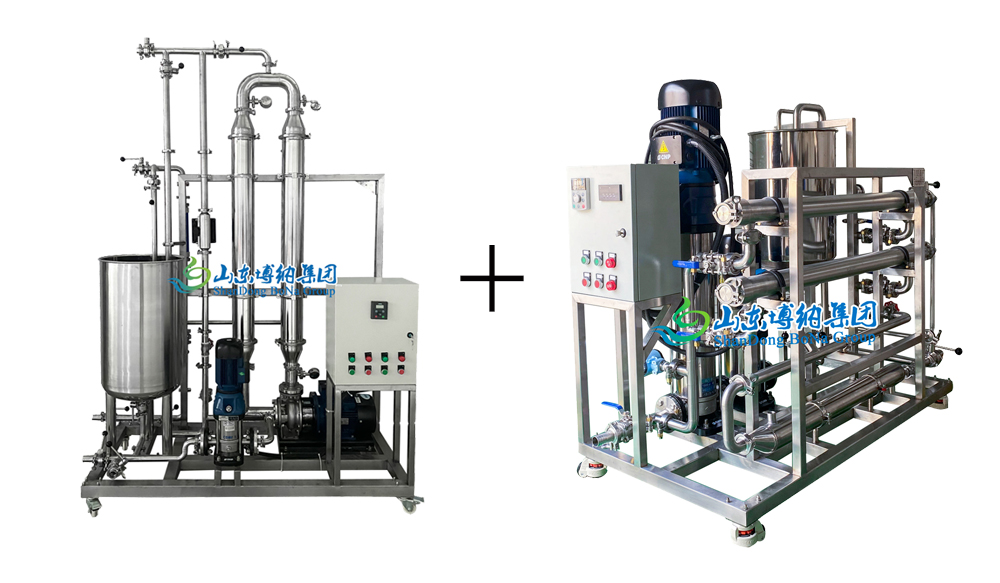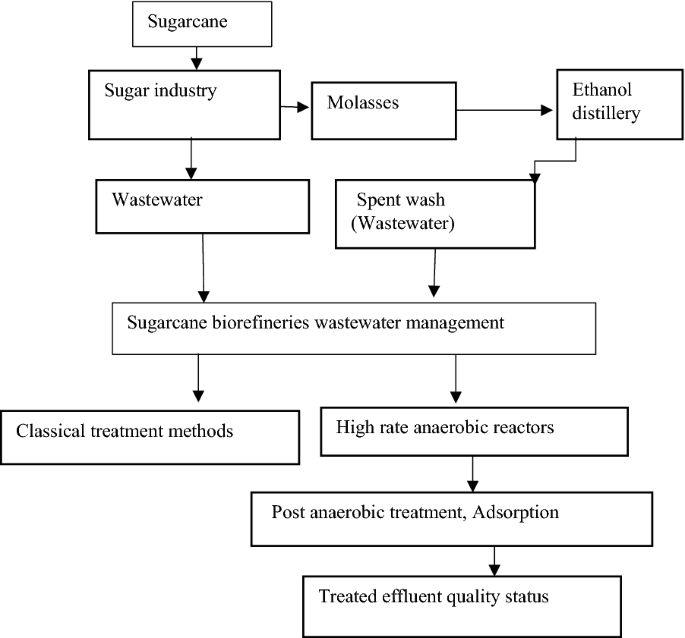Are Products From Sugarcane Truly Biodegradable?
Are Products From Sugarcane Truly Biodegradable?
Blog Article
Unlocking the Potential of Products From Sugarcane: a Comprehensive Overview
The potential of sugarcane prolongs far beyond its traditional usage for sugar manufacturing. This guide checks out the diverse applications of sugarcane, from energy and eco-friendly products to health items. By analyzing its trip from field to factory, it exposes exactly how sustainable practices can change waste right into beneficial resources. As markets look for environmentally friendly remedies, the concern remains: just how can these advancements improve our approach to farming and production?

The Journey of Sugarcane: From Area to Factory
Sugarcane undergoes a fascinating makeover as it travels from rich fields to bustling manufacturing facilities. In the areas, the high, eco-friendly stalks are gathered, typically by mechanical methods or manual work. Once reduced, the sugarcane is promptly transferred to refining centers to ensure maximum quality. At the manufacturing facility, the initial step involves crushing the cane to extract the wonderful juice, which contains sucrose. Products From Sugarcane. This juice is then filtered and clarified, getting rid of pollutants. Following this, it undergoes dissipation to concentrate the sugar content, resulting in condensation. The resulting sugar crystals are separated from the staying molasses via centrifugation. The sugar is dried out and packaged for circulation. Throughout this journey, preserving quality and performance is vital, as the techniques employed straight impact the product's last quality. This change not just highlights the farming significance of sugarcane however additionally its significant duty in the international economic climate
Sugar and Its By-products: More Than Simply Sweet taste
The change of sugarcane into refined sugar opens up the door to a broad array of items and applications that expand beyond plain sweetness. Sugar and its by-products, such as molasses, brown sugar, and sugar, play critical roles in various sectors, consisting of food, drugs, and cosmetics. In the food industry, these components enhance tastes, boost structure, and serve as preservatives.Molasses, a byproduct of sugar manufacturing, is abundant in minerals and vitamins, making it a valuable component in organic food and pet feed. Sugar, a straightforward sugar acquired from sugarcane, functions as a significant energy source in sports nourishment and is necessary in the production of confectionery. In addition, sugar by-products are utilized in fermentation procedures, contributing to the manufacture of alcoholic beverages and various other microbial products. In general, the flexibility of sugar and its derivatives highlights their importance beyond mere sweetness in day-to-day life.
Biofuels: Harnessing Power From Sugarcane

A significant part of global biofuel production currently counts on sugarcane, acknowledged for its high energy return and effectiveness in converting sunshine into biomass. This tropical plant acts as a primary resource for ethanol, a sustainable fuel that can change gasoline in vehicles. Sugarcane's ability to create more ethanol per hectare than various other feedstocks, such as corn, contributes to its enhancing appeal among biofuel producers.The fermentation process of sugarcane juice or molasses creates ethanol, which can be blended with fossil gas to minimize greenhouse gas emissions. Furthermore, by making use of the recurring bagasse from sugarcane processing, energy can be produced via combustion, additional boosting the sustainability of biofuel production. As countries look for to mitigate climate change impacts, sugarcane biofuels supply an encouraging option, strengthening energy safety and promoting agricultural sustainability while supporting country economies.
Naturally degradable Plastics: The Sustainable Different
Exactly how can markets change to more lasting techniques in the face of expanding plastic contamination? One encouraging option hinges on naturally degradable plastics obtained from sugarcane. Unlike conventional petroleum-based plastics, these bioplastics use an environment-friendly option that can greatly reduce ecological impact. Made from renewable energies, sugarcane-based plastics decay more quickly in various conditions, lessening garbage dump build-up and marine debris.The production of biodegradable plastics not only addresses waste management obstacles but additionally straightens with the raising consumer demand for lasting items. Industries embracing these materials can boost their brand name photo while adding to a round economic climate. In addition, the adjustment to biodegradable choices urges advancement and investment in new technologies, promoting a greener industry landscape.As much more business acknowledge the advantages of sugarcane-derived plastics, the capacity for widespread fostering rises, leading the means for a much more sustainable future in packaging and item layout.
Pet Feed and Fertilizers: Utilizing By-products
The by-products of sugarcane processing hold significant potential for both animal nutrition and natural plant foods. These byproducts can be incorporated into animal feed, supplying vital nutrients while reducing waste. Additionally, they can offer as reliable natural plant food options, enriching soil health and promoting sustainable agricultural practices.
By-products in Animal Nutrition
While sugarcane is mostly valued for its sucrose material, its by-products play an important duty in animal nourishment, especially in the kind of animal feed and fertilizers. The coarse residue referred to as bagasse, generated throughout the removal of juice, serves as a valuable resource of roughage for livestock. This high-fiber material enhances food digestion and advertises general health in ruminants. Furthermore, molasses, a result of sugar refining, is abundant in energy and can be used to supplement animal diet regimens, enhancing palatability and dietary worth. Vinasse, a liquid byproduct from ethanol manufacturing, contains crucial nutrients and can be utilized as a feed additive. On the whole, sugarcane results contribute considerably to lasting animal nutrition techniques.
Organic Fertilizer Options
Utilizing sugarcane by-products prolongs past pet nourishment to incorporate organic plant food options that profit agricultural practices. The fibrous residues, such as bagasse and filter cake, work as efficient organic fertilizers, enhancing soil health and improving plant yields. These products are abundant in nutrients, including potassium, nitrogen, and phosphorus, important for plant development. When disintegrated, they enhance dirt framework, water retention, and microbial activity, cultivating a sustainable farming community. Additionally, utilizing sugarcane byproducts for fertilization reduces dependence on artificial plant foods, advertising eco-friendly agricultural techniques. By recycling these results, farmers can add to a round economy while optimizing their efficiency and decreasing waste. This strategy exhibits cutting-edge strategies in lasting farming, leveraging sugarcane's full potential.
Wellness and Health: Nutritional Benefits of Sugarcane
Numerous researches highlight the nutritional benefits of sugarcane, making it an important enhancement to a well balanced diet. Rich in vital nutrients, sugarcane consists of substantial quantities of minerals, vitamins, and carbohydrates, specifically vitamin C, potassium, and calcium. These components add to overall health and wellness, sustaining immune function and bone strength.Moreover, sugarcane is a natural source of antioxidants, which help battle oxidative tension and swelling in the body. Its high fiber material aids in digestion, promoting gut health and avoiding irregularity. Additionally, sugarcane juice has actually been linked to hydration and energy replenishment, making it a superb option for athletes or those taking part in exhausting activities.Furthermore, the glycemic index of sugarcane is relatively reduced, permitting a more steady release of power, which might be advantageous for people managing blood glucose levels. In general, integrating sugarcane into one's diet regimen can provide a rejuvenating and healthy option for health-conscious people.
Developments in Sugarcane Products: Future Trends and Possibilities
What developments exist ahead for sugarcane items as sectors seek to boost sustainability and consumer allure? The future of sugarcane products is positioned for considerable improvements, driven by the need for environment-friendly options. Technologies in bio-based packaging, stemmed from sugarcane, are obtaining traction, offering a sustainable alternative to conventional plastics. On top of that, the expedition of sugarcane's bioactive substances is likely to result in new health supplements and practical foods, exploiting on its natural benefits.Research right into fermentation procedures might yield unique biofuels, additionally diversifying sugarcane's utility. The development of genetically customized sugarcane ranges guarantees boosted returns and resistance to bugs, thereby supporting lasting farming techniques. As customers become extra environmentally conscious, the assimilation of openness in sourcing and manufacturing techniques will also play a crucial role in shaping the future of sugarcane items. Inevitably, these technologies might redefine sugarcane's setting in international markets.
Regularly Asked Questions
What Are the Environmental Impacts of Sugarcane Farming?
The environmental effects of sugarcane farming include logging, loss of biodiversity, dirt degradation, and water pollution - Products From from this source Sugarcane. In addition, too much pesticide and plant food use can harm ecological communities, while monoculture methods may cause reduced strength versus climate adjustment

Exactly How Is Sugarcane Processed Into Different Products?
Sugarcane handling entails harvesting, squashing, and extracting juice, which is then made clear and focused. The resulting syrup can be fermented for ethanol or crystallized for sugar, while fibers are made use of for bioenergy and various other items.
Exist Any Type Of Wellness Threats Connected With Sugarcane Usage?
The concern of wellness dangers connected with sugarcane intake highlights concerns such as excessive sugar consumption, possible allergic reactions, and intestinal issues. Moderation is vital to minimize these threats while enjoying its nutritional benefits.
What Are the Economic Conveniences of Sugarcane Cultivation?
The economic advantages of sugarcane growing include task production, raised farming productivity, and contributions to local economies. Furthermore, it supports sustainable official statement energy manufacturing and supplies various by-products that can improve profitability within varied markets.
Exactly How Does Sugarcane Contrast to Other Renewable Resources?
Sugarcane, as a renewable energy, shows greater effectiveness in biomass production compared to many choices. Its convenience permits different byproducts, contributing notably to lasting techniques, economic growth, and lowering dependence on fossil fuels. Glucose, an easy sugar acquired from sugarcane, offers as a significant power source in sporting activities nourishment and is crucial in the production of confectionery. Sugarcane's capability to create more ethanol per hectare than other feedstocks, such as corn, contributes to its enhancing appeal among biofuel producers.The fermentation process of sugarcane juice or molasses creates ethanol, which can be combined with fossil gas to lower greenhouse gas discharges. Furthermore, sugarcane juice has actually been connected to hydration and energy replenishment, making it a superb option for professional athletes or those involving in exhausting activities.Furthermore, the glycemic index of sugarcane is relatively reduced, enabling for an extra gradual release of energy, which may be valuable for individuals handling blood sugar degrees. In enhancement, the expedition of sugarcane's bioactive substances is likely to lead to brand-new health and wellness supplements and functional foods, capitalizing on its all-natural benefits.Research into fermentation procedures may produce unique biofuels, even more diversifying sugarcane's utility. The question of wellness dangers associated with sugarcane intake visite site highlights worries such as too much sugar intake, prospective allergies, and stomach issues.
Report this page